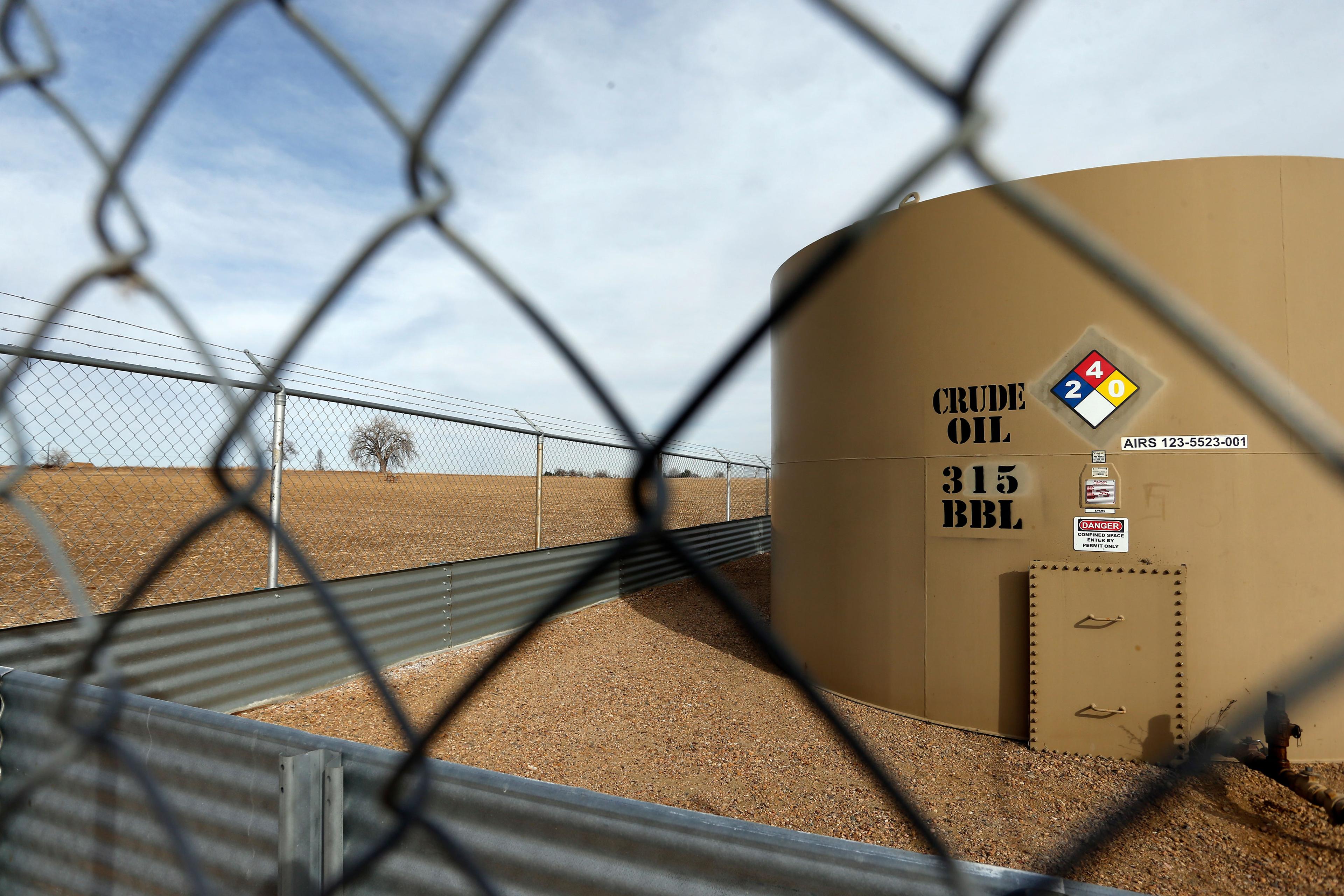
Dozens of Colorado counties and cities are opposing a Utah-based railroad project that would bring as many as 10 two-mile-long trains carrying oil through Denver each day.
The proposed 85-mile railroad line has federal approval but opponents say there is no clear picture of the environmental damage it might cause, The Denver Post reported on Saturday.
The railroad line would allow oil drilling operations in Utah’s northeastern Uinta Basin to send what they produce to refineries in Texas and Louisiana.
Work on the line could begin next year, but Colorado’s Eagle County and several conservation groups sued last month to require a deeper environmental investigation of the project. Several cities and counties have also asked Colorado’s U.S. senators to intervene.
Glenwood Springs Mayor Jonathan Godes told The Denver Post that drilling for more fossil fuels is the wrong move as the region deals with a megadrought, record-setting wildfires and other climate change damage.
“It’s potentially catastrophic on a number of levels,” Godes said.
Existing drilling operations in the area extract about 80,000 barrels of a type of oil called waxy crude daily, Deeda Seed with the Center for Biological Diversity said. Waxy crude solidifies at room temperature and must be heated to remain liquid.
A group of Utah counties, called the Seven County Infrastructure Coalition, proposed the rail line in 2019 to help companies move the waxy crude out of the basin and to expand drilling operations. If the project advances, drilling companies could quadruple production up to 350,000 barrels of waxy crude a day.
Mike McKee, executive director of the Seven County Infrastructure Coalition, disagreed with claims that officials don’t fully understand the environmental risks but otherwise declined to comment.
He referred additional questions to the Rio Grande Pacific Corporation, which would run the rail line. Representatives for that company did not return messages seeking comment.
McKee told the Uintah Basin Standard in January that the new line could generate more than $100 million in government revenue and taxes while also creating jobs.
Forty-two Colorado cities, 11 counties and 20 water sanitation districts have expressed opposition to the project, asking U.S. Sens. Michael Bennet and John Hickenlooper to help stop the work.
The letter from Glenwood Springs officials to Bennet cited a wildfire two years ago that damaged Glenwood Canyon, causing mudslides and debris flows last year that forced the closure of Interstate 70.
“The risk of introducing heated oil trains to such a sensitive area is simply too great,” the city officials wrote.
Godes, the Glenwood Springs mayor, also fears the risk of derailment in the Colorado River.
“There goes our gold medal fishing streams, there goes our rafting industry, there goes our tourism and tourism for communities like Silt, Rifle, Grand Junction,” Godes said. “This is a very fragile ecosystem to be running a dangerous train through.”









